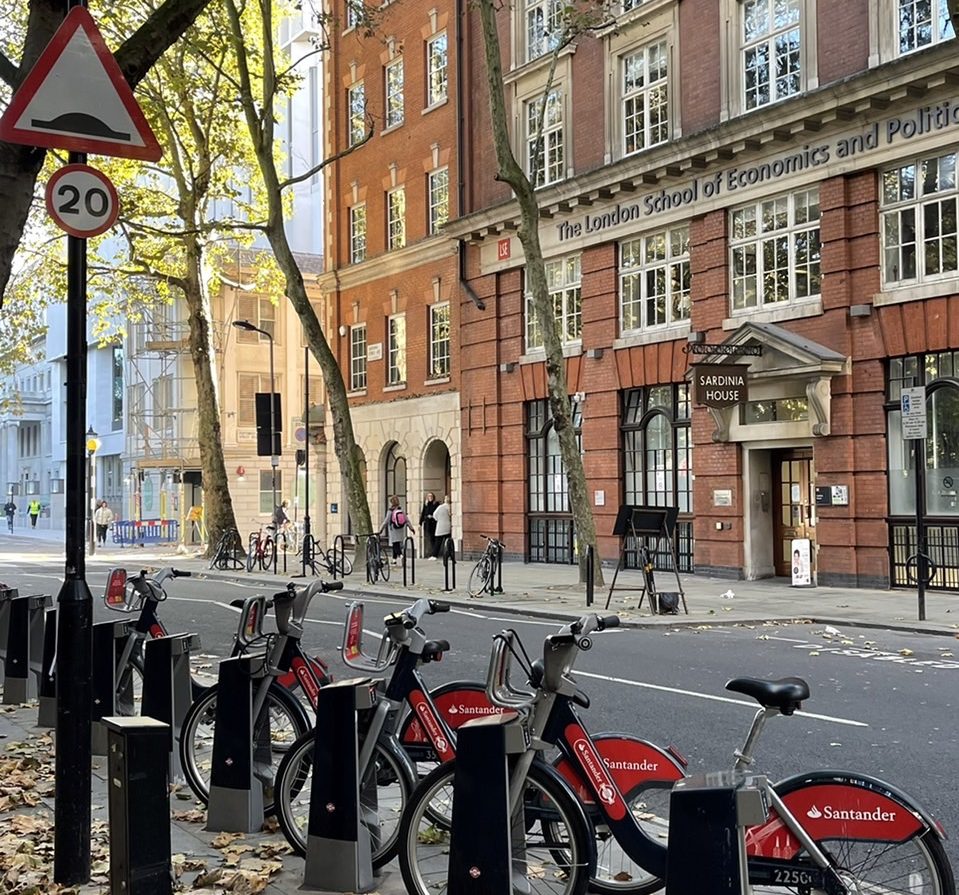An essential, but often less talked about stage of the LSE application process involves nominating two academic referees who can vouch for you as a strong candidate to the School. Their references cover your suitability for the programme, and your academic and personal characteristics, so it’s in your interest to choose referees best equipped to provide this information. It might seem intimidating to reach out to teachers, especially if you’re not progressing straight from undergraduate to postgraduate studies. During my year out of education, the process of picking and approaching teachers I hadn’t interacted with for ages was nerve-wracking. Looking back, there was no need to fret – it was much easier than my imagination had led me to believe. To put you at ease and assist you in this stage of your application, I’ve produced a run-down of the steps needed to pick your referees, followed by the best way to approach them.
1. Who to pick?
First, it’s helpful to make a shortlist of potential referees, thinking about who can affirm your skillset, whether that be a seminar tutor, a lecturer, personal tutor, or dissertation supervisor. In narrowing down this shortlist to two, it’s then useful to ask yourself a series of questions. Who knows me best? Who had most exposure to my work? Who have I worked directly with before? My top pick became obvious after answering these questions: my personal tutor. We had built a strong rapport regularly meeting one-on-one, a bonus being he was one of my seminar tutors. Ask yourself these questions and your preferences will soon become apparent.
However, you also need to consider the relevance of a referee to your chosen course. Studying PPE for undergraduate, and transitioning to a master’s in the Department of International History, I had to take this into account. I knew I was keen to specialise in American foreign policy during my master’s, so selecting my seminar tutor from my undergraduate American foreign policy module seemed a no-brainer. The work I produced during this module obviously had more applicability than work I produced during my statistics module. You will find it beneficial to adopt this mind-frame, thinking strategically about the relevance to your course when picking a referee.
Bear in mind it’s important to have back-ups. You never know when an unforeseen circumstance might arise meaning that your first picks can’t provide that reference for you. You don’t want to be left panicking, so think ahead.
2. You’ve picked your referees, but how do you approach them?
I had no choice but to approach my preferred referees via email during my gap year, but if you’re still at university when making your application, it’s ideal to ask face to face if you can. Do be mindful of their availability, but office hours, after a seminar or lecture, or at a pre-planned meeting are all suitable options. If this isn’t possible, don’t be afraid to email as it won’t put you at a disadvantage. The vital part is to keep your message short and snappy, whether over email or in person. Simply state why you need a reference, and why you want them to write it, thinking back to the questions you asked yourself when picking them in the first place. Don’t bombard them with lots of extra information at this stage, it’s unnecessary until they’ve confirmed they’re happy to provide a reference. Sometimes life gets in the way and teachers are just too busy to provide an adequate reference. Don’t be disheartened; give your back-ups a shot.
Only once your referees have confirmed should you give them a helping hand in writing your reference. Sending over your completed personal statement is a great way to do this, it covers all the background information and is useful for referees in supplementing their reference. Plus, if you’re lucky, they might even give you feedback on it!
Most importantly, don’t over-complicate the process. When asking yourself who you should pick, the answer often comes naturally and it’s important to listen to your intuition. Teachers want to see you succeed, so don’t be afraid to reach out, and finally never forget a simple “Thank you” goes a long way.





